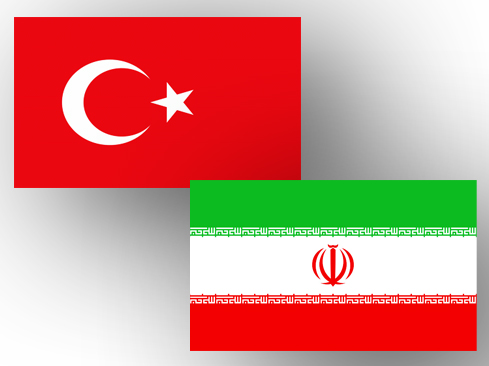Turkey is prepared to cut its Iranian oil imports by no more than an additional 10 percent from next year to persuade the United States to extend sanction exemptions when they expire in December, a high-level Turkish source told Reuters.
Last month Washington granted exemptions to Turkey and six other countries from its financial sanctions on Iran's oil trade in return for significant cuts in their purchases of Iranian oil.
It gave Turkey a 180-day exception from sanctions from June 11 as a result of an initial 20 percent cut made by Tupras , Turkey's sole refiner.
The exception meant Turkey's Halkbank was able to make payments to the Iranian Central Bank for oil shipments to Tupras without fear of being blacklisted by the United States.
A U.S. diplomat subsequently said Washington had pressed Turkey to follow the 20 percent reduction in oil purchases with a further cut in six months, but did not specify how much.
"It is impossible for us to suddenly halt our Iranian oil purchases, because around 50 percent of our imports are from this country," said the Turkish source, who is close to the matter but requested anonymity due to the sensitivity of the subject.
"The Americans can be convinced by making a reasonable reduction at the end of the 180-day exemption period granted to Turkey. This reduction will not be as much as 20 percent; it will be around 10 percent," he said.
Turkey imported an average of 180,000 barrels per day of Iranian crude in 2011, although purchases soared in April and March before falling steeply in May.
A 20 percent reduction from last year's levels from July 1 would put Turkey's purchases at 144,000 bpd, and a further 10 percent cut would push them to around 130,000 bpd.
The United States and the European Union say Iran is trying to build nuclear weapons, while Tehran says the programme is strictly for civilian purposes.
Beyond the 27-country European Union, which has banned Iranian imports from July under separate sanctions, other buyers of Iran's crude have pledged to cut purchases by up to a fifth.
In an ongoing war of nerves with the West, Iran said on Tuesday it had successfully tested medium-range missiles capable of hitting Israel as a response to threats of attack. Iranian media reported on Wednesday that it also had threatened to destroy U.S. military bases across the Middle East.
Negotiations over Iran's nuclear programme continued in Istanbul on Tuesday with a meeting of technical experts from Iran and six world powers. The meeting followed political talks in Moscow last month at which the two sides failed to bridge differences or agree on a further round of talks at that level.
Trade between Turkey and Iran has risen sharply over the past decade, and Turkey was regarded as a possible weak link in the international sanctions against Iran.
Relations between the two neighbours, however, have been strained by Tehran's support for Syrian President Bashar al Assad, while Turkey has sided with Syrians who have joined in the popular revolt against his rule.
Turkey began diversifying its sources of oil earlier this year, and Yildiz said the number of countries supplying it would rise to 14 from 11.






